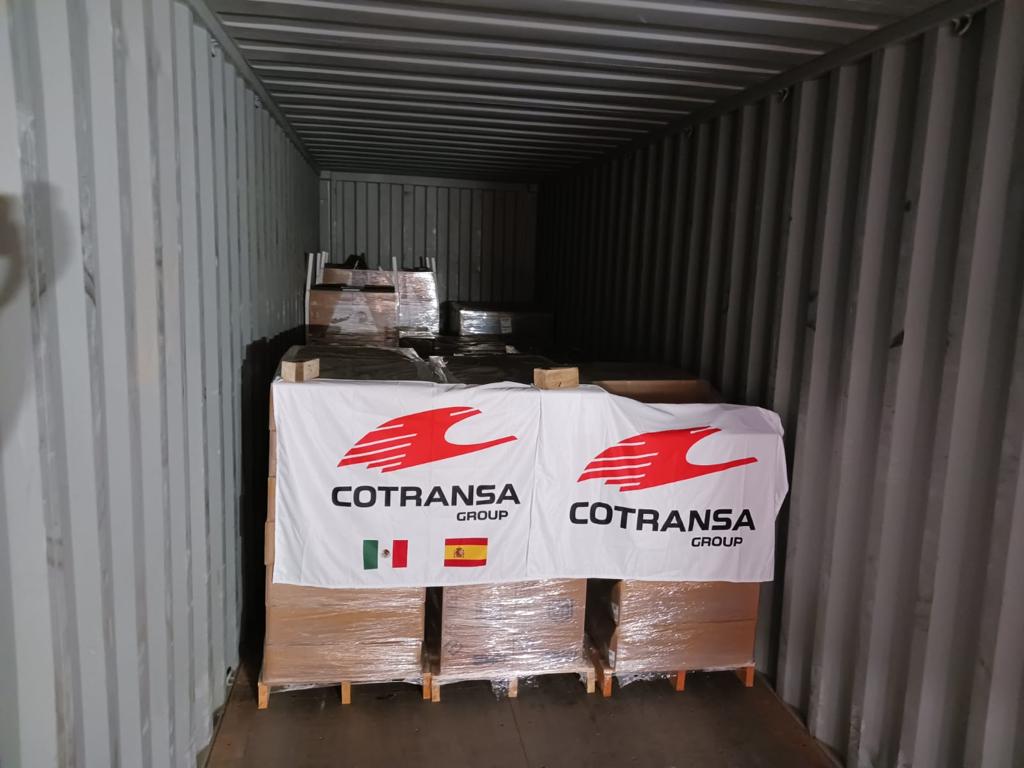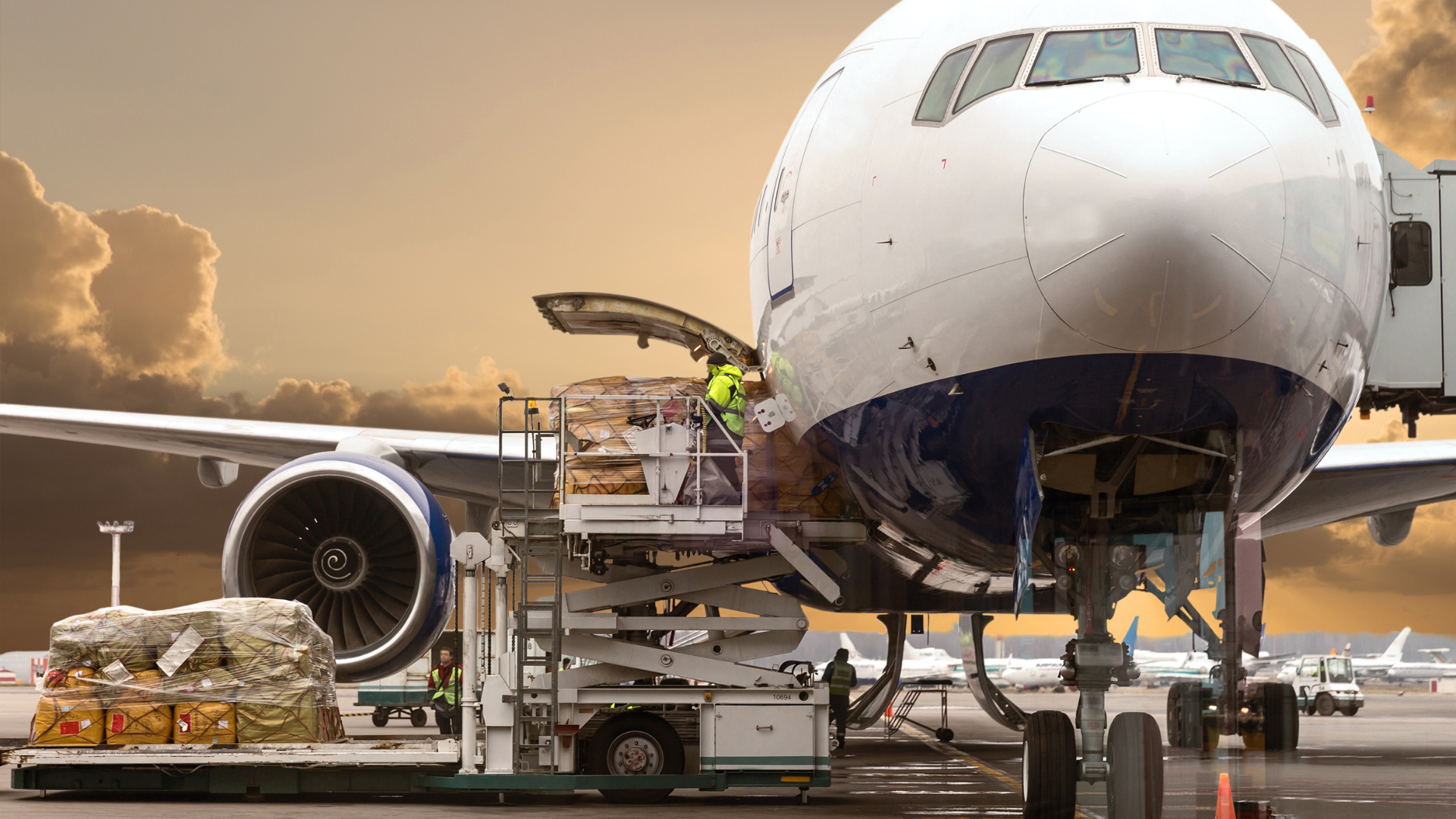How does the Chinese New Year affect logistics?
The interconnection of the global logistics system makes it affected by events anywhere in the world. As China is a key axis in the sector’s activity, its New Year’s celebration has a direct impact on logistical procedures and management. Therefore, having a good base of information and planning can help to cope with events like this.
China currently plays a key role in the global market. According to the China Outlook 2018 study by the consulting firm KPMG, this country accounts for almost a third of the world’s GDP.
Because of the globalization that has taken place in virtually all sectors of industry, the consequences of the Chinese New Year – also called the Lunar Year or Spring Festival – directly affect countries like Spain.
In this context, analysing its effects is essential in order to be able to continue a good logistical activity without being hindered.
What is its duration?
The date of this celebration changes every year due to the lunar calendar. This 2023 the festival has started on 22 January and, having from this date 7 holidays, returned to “normality” on 27 January. Despite this, the welcome to the year usually extends until the Festival of the Lighthouses – 5 February -.
We could say that this celebration lasts about a quarter. As one of the most important holidays for Chinese citizens, much of the activity carried out during this date period undergoes significant changes – mostly in the production and shipment of goods, which end up suffering major delays.
How to deal with it’s logistics impact?
The shutdown of factories is represented by cessation of production, and therefore by a great drop in exports that have a major impact on global supply chains.
Delays in the reception of goods, shortage of containers, stops in the activity or the lack of carriers are just some of the consequences that the holiday of this beginning of the year generates.
Facing this high volume of challenges is virtually impossible if we look at the dates given to this celebration. Thus, January is a complicated month. It is not only the effects of conflicts that are being experienced globally like the Russian – Ukrainian or the various tensions experienced in the rest of the world – which, as we saw a few months ago with the maritime blockade experienced in Taiwan, affect our country entirely – inflation is another major axis on which the characteristic instability of the sector is supported.
Therefore, this first month of 2023 must balance the economic effects with the high peaks of demand that occur on these dates, all of this in conjunction with the Chinese New Year. From this perspective it is a somewhat chaotic situation, but to be able to face it is possible, do you want to know how?
1.Know
An essential step to be able to continue with your activity without directly affecting you the consequences of this festival is to know the surroundings. As has already been mentioned, knowing the dates on which there will be stops in the factories, the effects on the situation that is experienced in your own country and other possible events that may affect your operations is key to be able to minimize their effects.
2. Anticipate
With all the information in your hand the next step is clear. Advancing the problem can solve it on many occasions. Therefore, there are a number of recommended actions to be taken, such as advancing the management so that it does not affect much of the activity.
Choosing a nearby supplier can also be a great decision if we focus on the great advantages it can generate. With professionalism as a key value, one should bear in mind that a differentiating factor in the logistics and transport sector is collaboration. On dates like this one can seek to cooperate with the different to positive results for both.
Being able to anticipate the problem is undoubtedly essential to achieving good organization and management of resources.




